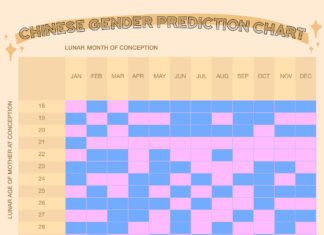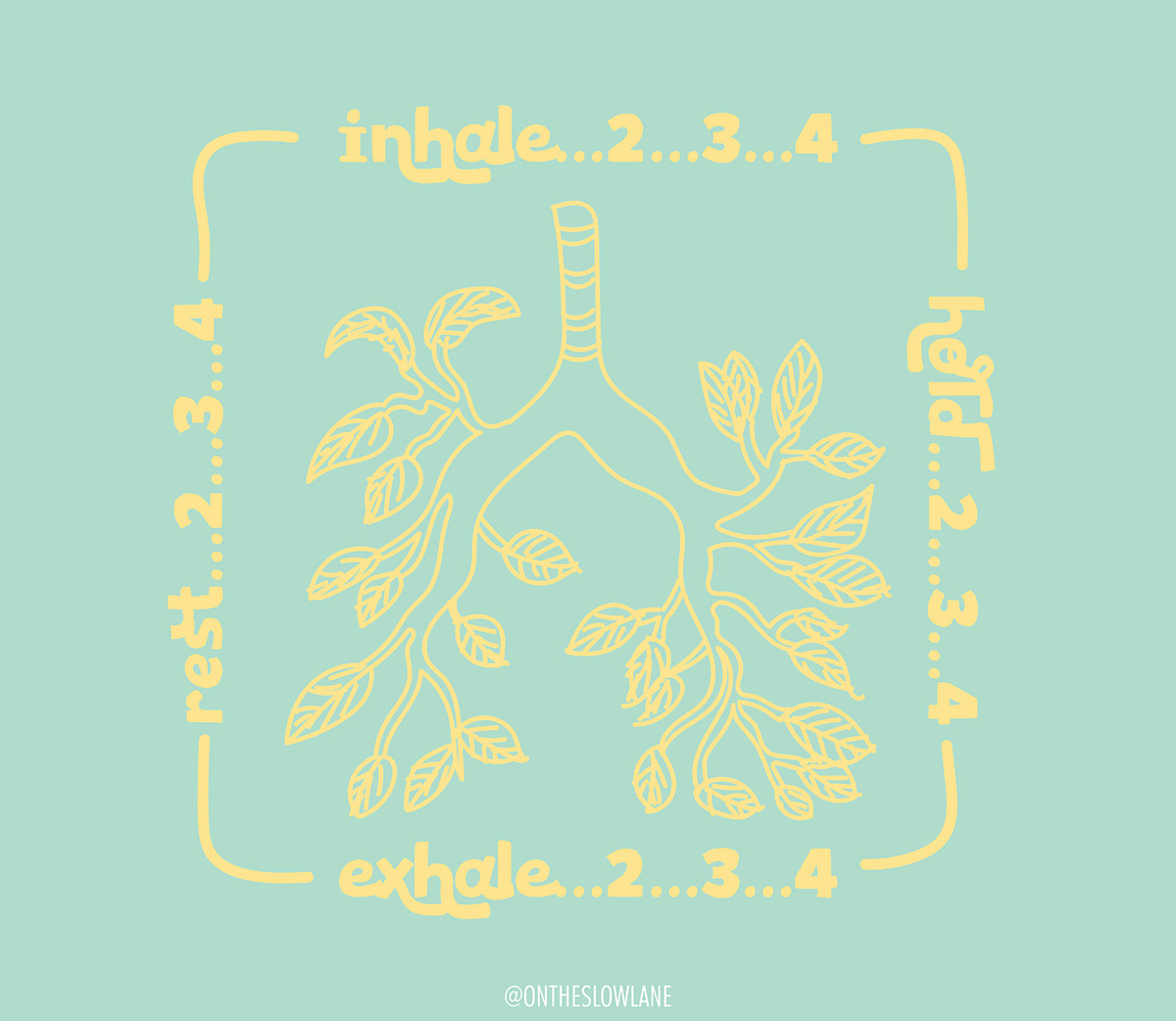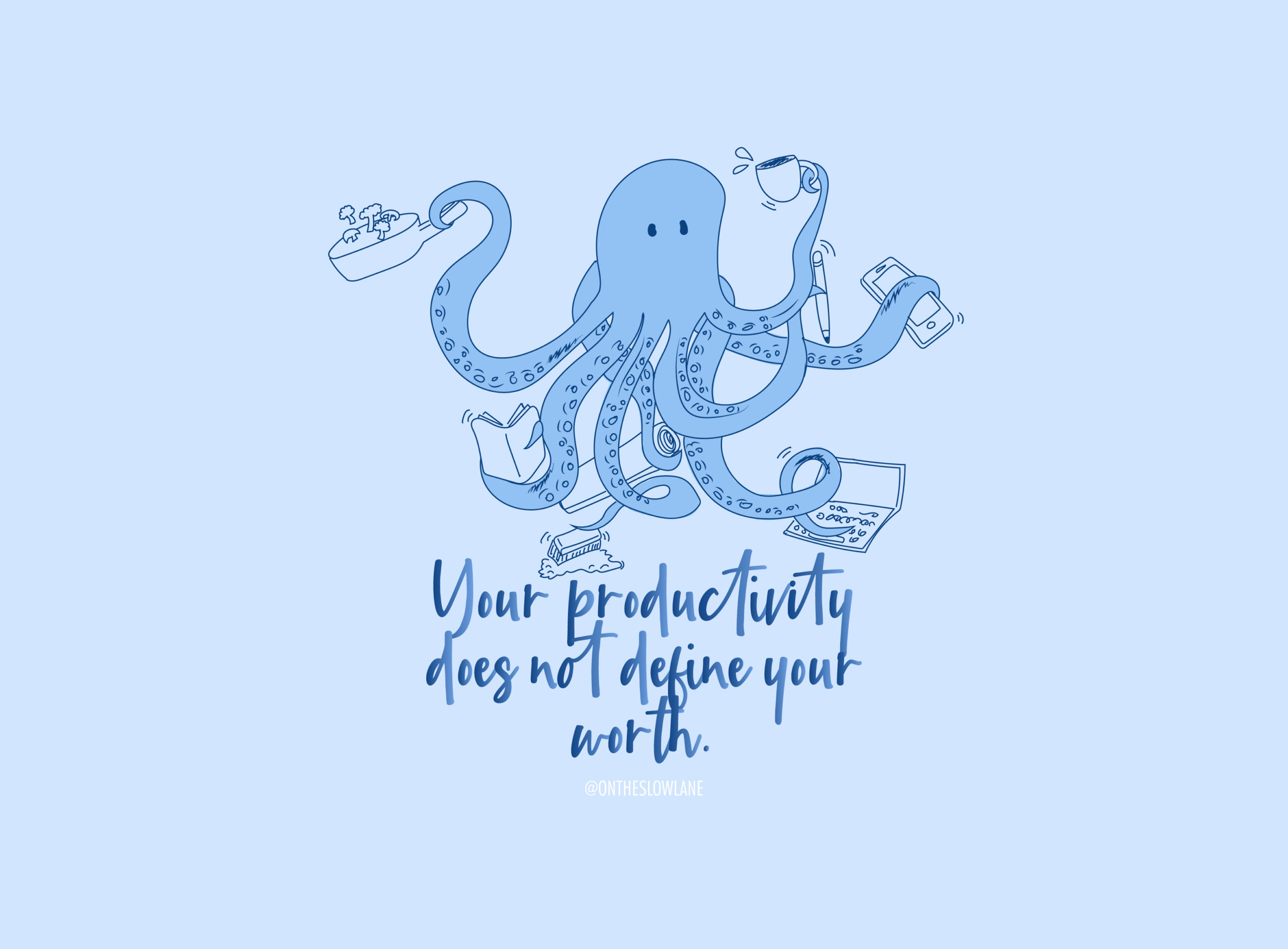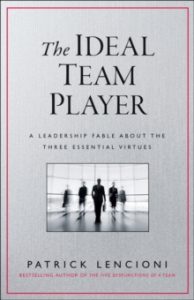 To say the book The Ideal Team Player by Patrick Lencioni is a game changer for me is an understatement.
To say the book The Ideal Team Player by Patrick Lencioni is a game changer for me is an understatement.
It’s the second book I’ve read by Patrick Lencioni (the first being The Five Dysfunctions of a Team) and he uses the same story-telling method which makes the book a breeze to read — The Ideal Team Player was equally profound. I wish it existed when I started my entrepreneurship journey, I would’ve hired very differently which would’ve saved many headaches.
As a soon-to-be mama, one of my greatest concerns with running two companies is obviously what I’m going to do about maternity leave. Sure, there’s the perks of working for yourself where everyday is a holiday or not. But really, a burning question was whether or not I have the right systems and people in place to run and grow the businesses while I stepped away for a few months.
I found The Ideal Team Player’s framework to be relevant and practical. I immediately got the team to do their self-assessments which was interesting in itself to compare my assessment of them as employees versus what they thought of themselves. However, the real value was to then refer back to the book to see how we could collectively help each other increase our weakest virtues. As I’d just hired a new person, it also provided a great opportunity to assess whether or not they were a good fit — not just for the team, but to shape certain elements of the culture that I felt had disappeared over the years.
I won’t keep the suspense any further. Lencioni says the three essential virtues are:
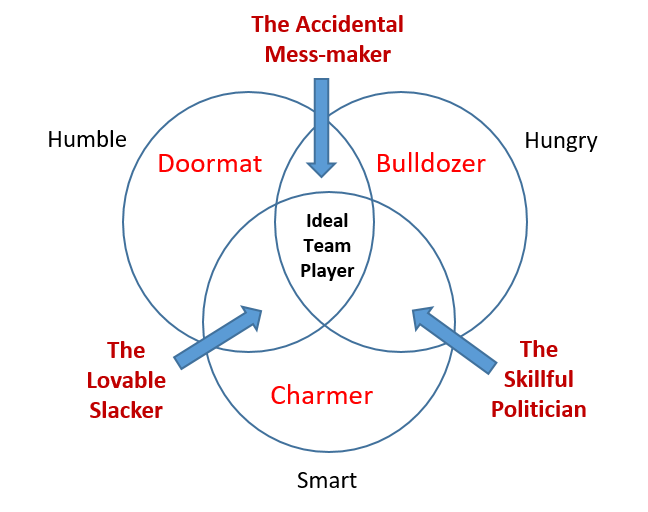
Humble
Ideal team players are humble. They lack excessive ego or concerns about status. Humble people are quick to point out the contributions of others and slow to seek attention for their own. They share credit, emphasize team over self and define success collectively rather than individually.
Hungry
Ideal team players are hungry. They are always looking for more. More things to do. More to learn. More responsibility to take on. Hungry people almost never have to be pushed by a manager to work harder because they are self-motivated and diligent. They are constantly thinking about the next step and the next opportunity.
Smart
Ideal team players are smart. They have common sense about people. Smart people tend to know what is happening in a group situation and how to deal with others in the most effective way. They have good judgment and intuition around the subtleties of group dynamics and the impact of their words and actions.
I think a better word for Smart would be Empathetic but essentially, you get the drift.
I truly want The Bamboo Garden and I Ate My Way Through to be workplaces that people thrive in and now that the teams are a little more self-aware of these virtues and I know specifically what to look for in new recruits, I’m hopeful that we can go from good to great (I’ve borrowed that from another book that I’ve started reading, but more on that later) — even while I’m on maternity leave.
Here are some great free tools and resources:
- Self-Assessment (use this assessment to evaluate yourself relative to the three virtues)
- Self-Ranking Exercise » (use this tool to evaluate yourself against the three virtues
- Manager’s Assessment » (use this assessment to evaluate your direct report relative to the three virtues)
- Interview Guide » (use this guide to help you discern if prospective employees are humble, hungry and smart)







